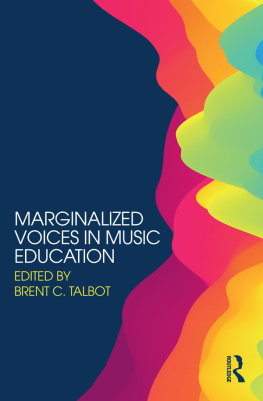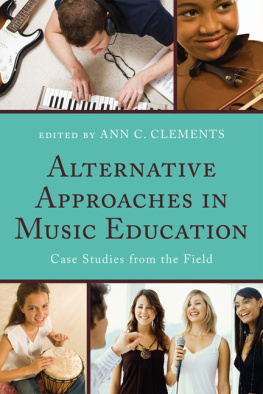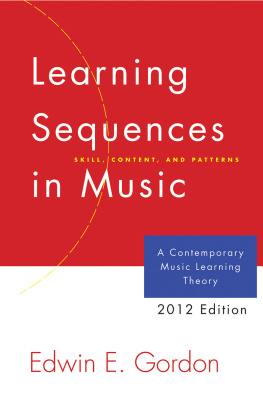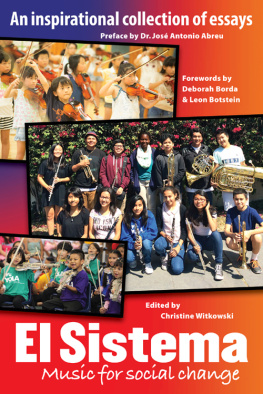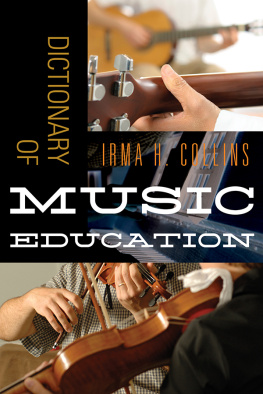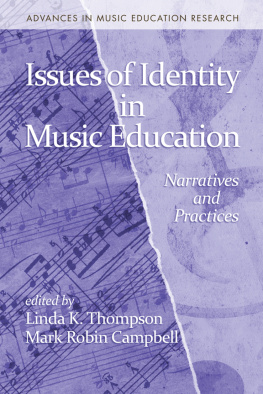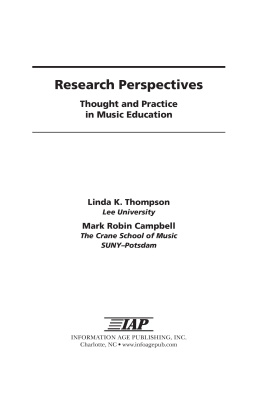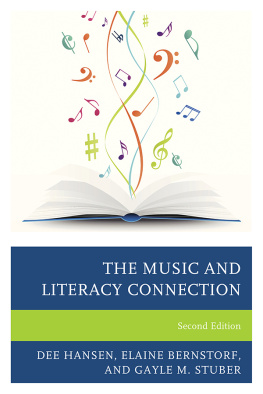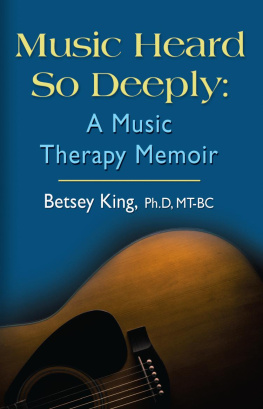First published 2018
by Routledge
711 Third Avenue, New York, NY 10017
and by Routledge
2 Park Square, Milton Park, Abingdon, Oxon OX14 4RN
Routledge is an imprint of the Taylor & Francis Group, an informa business
2018 Taylor & Francis
The right of Brent C. Talbot to be identified as the author of this work has been asserted by him in accordance with sections 77 and 78 of the Copyright, Designs and Patents Act 1988.
All rights reserved. No part of this book may be reprinted or reproduced or utilised in any form or by any electronic, mechanical, or other means, now known or hereafter invented, including photocopying and recording, or in any information storage or retrieval system, without permission in writing from the publishers.
Trademark notice: Product or corporate names may be trademarks or registered trademarks, and are used only for identification and explanation without intent to infringe.
Library of Congress Cataloging in Publication Data
Names: Talbot, Brent C., editor.
Title: Marginalized voices in music education / Brent C. Talbot.
Description: New York ; London : Routledge, 2018. | Includes index.
Identifiers: LCCN 2017021844| ISBN 9780415788328 (hardback) |
ISBN 9780415788335 (pbk.)
Subjects: LCSH: MusicInstruction and studySocial aspects--United States. |
MulticulturalismUnited States. | Marginality, SocialUnited States.
Classification: LCC MT3.U5 M313 2018 | DDC 780.7/073dc23
LC record available at https://lccn.loc.gov/2017021844
ISBN: 978-0-415-78832-8 (hbk)
ISBN: 978-0-415-78833-5 (pbk)
ISBN: 978-1-315-22540-1 (ebk)
Typeset in Bembo and Stone Sans
by Florence Production Ltd, Stoodleigh, Devon, UK
Brent C. Talbot, Editor
Culture, like food, is necessary to sustain us. It molds us and shapes our relations to each other. An inequitable culture is one in which people do not have the same power to create, access, or circulate their practices, works, ideas, and stories. It is one in which people cannot represent themselves equally. To say that American culture is inequitable is to say that it moves us away from seeing each other in our full humanity. It is to say that the culture does not point us toward a more just society.
Jeff Chang (2016, p. 56)
In Who We Be: The Colorization of America , Jeff Chang claims that cultural changes surrounding the Civil Rights Movements of the 1960s were equally important in transforming American society as legal ones and that both faced a sustained hostile response that continues to this day. According to Chang (2014), the notion of multiculturalism challenged the American identity of who we thought we were and eventually who we were aspiring to become. It was a time when universities debated whether the Western canon should continue to be elevated or imagined outside the politics of racial, patriarchal, heteronormative, gendered, and ableist hierarchies. Over the decades to follow, powerful counterattacks were launched and many understood that the battles being waged over shaping culture were high-stakes.
The events over the past few years in Ferguson, Staten Island, Baltimore, Charleston, and Orlando, to name just a few, the debates surrounding gay marriage and transgender rights, as well as the misogynistic and xenophobic rhetoric that propelled Donald Trump and other world leaders to positions of power, have all contributed to an increased awareness of issues of social injustice. These events and debates continue to shape our perceptions of culture and have helped to expose both the oppressive nature as well as the liberating possibilities of culture. As Chang (2014) writes, The struggle between restoration and transformation, retrenchment and change, [begins] in culture (p. 5). So, what is our culture? Who is repre sented in/through the cultural (re)production experienced in our class rooms? How does (re)presentation, underrepresentation, or misrepresentation undo or reproduce various forms of inequality? Whose voices are elevated? Whose are muted? How does cultural knowledge survive? Who has access to the means of production of culture? Who has the power to shape culture? Who doesnt? Which cul ture(s) do we embrace, (re)present, and perpetuate as music educators? What cul tures are we negating, muting, and silencing as music educators? Who we be?
Next page
